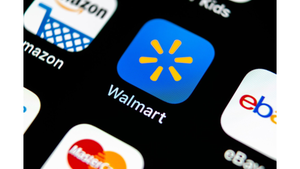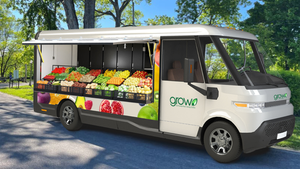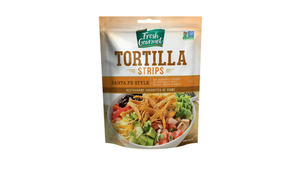David Dillon 2009
Power 50 Ranking: 1 Title: Chairman and CEO Company: Kroger Co. Key Developments: Built upon industry-leading performance by further refining its value proposition. What's Next: Maintaining momentum in a cautious consumer environment. A ...
July 14, 2009
|
A strategy born in one recession is helping Kroger survive the next.
Back in 2001, against traditional practices and the desires of some Wall Street analysts, Cincinnati-based Kroger Co. undertook a strategy of reducing its own costs and investing those savings into shelf-pricing and customer-service initiatives. This plan — since dubbed “Customer First” — has been key to Kroger gaining an increasingly dominant position among conventional supermarkets ever since, and a competitive advantage that’s become more pronounced amid the current economic crisis.
David Dillon helped create that strategic plan as a member of Kroger’s executive team, and has overseen its evolution and its results as its chief executive officer since 2003.
“He took a stand five, six or seven years ago that price mattered — since the customer [considered price important], the operator should too,” Andrew Wolf, an analyst for BB&T Capital Markets, told SN. “In a way they had a Customer First strategy evolving, so they said let’s, in a very fundamental way, make Kroger’s marketing strategy all about the customer.”
At first, some analysts and investors were skeptical that Kroger’s strategy would pan out from an earnings perspective. After all, earnings traditionally were generated by increasing product markups. But Kroger has shown it could boost earnings by increasing sales volume through lower prices.
“He took a stand that they would not increase prices to make Wall Street happy, that it would be a customer-centric approach based on driving market share,” Wolf said. “Their strategy of putting up good earnings by putting up good sales has been a big success. He really stuck his neck out and took a stand.”
Kroger’s strategy under Dillon has been about more than just price. The company counts consumer insight through its loyalty card as a major advantage in developing sales programs and offers to ensure its best shoppers keep coming back. It operates a full range of store formats, including Marketplace superstores, convenience stores, upscale Fresh Fare treatments, discount stores and gasoline outlets. Operating a range of these different stores in concert with one another has been a key to winning market share, officials say. Kroger’s range of private brands continues to increase in sales and unit share.
Kroger’s stance has left it well-positioned for the current economy, which has driven shoppers to seek reliable value and spend their money carefully and triggered wild fluctuation in prices for gasoline and commodities like milk. According to Dillon, those changes resulted in Kroger seeing an overall sales decline in the recently completed first quarter, while comparable-store sales, excluding fuel, increased by 3.1%. Kroger is projecting identical-store sales of 3% to 4% for the fiscal year.
“In our industry, operating successfully in any environment is a challenge,” Dillon said last month in a conference call. “Performing well in this economy is remarkable.”
In speeches and analyst calls Dillon is soft-spoken and deliberate, and rarely fails to thank store workers for their role in the company’s success.
Gary Giblen, an analyst with Axiom Capital Management, New York, said the sentiment is genuine.
“You could call him a gentle giant,” Giblen told SN. “He’s not hard-driving or arrogant.
“Kroger has the winning formula for chains of size, and yet he shows a very sincere regard for the employees and the rank-and-file people, and it’s probably not unconnected,” Giblen added. “I think they probably have a satisfied and harmonious workforce. They get better productivity and customer service. It’s a case of nice guys finishing first.”
— Jon Springer
You May Also Like





